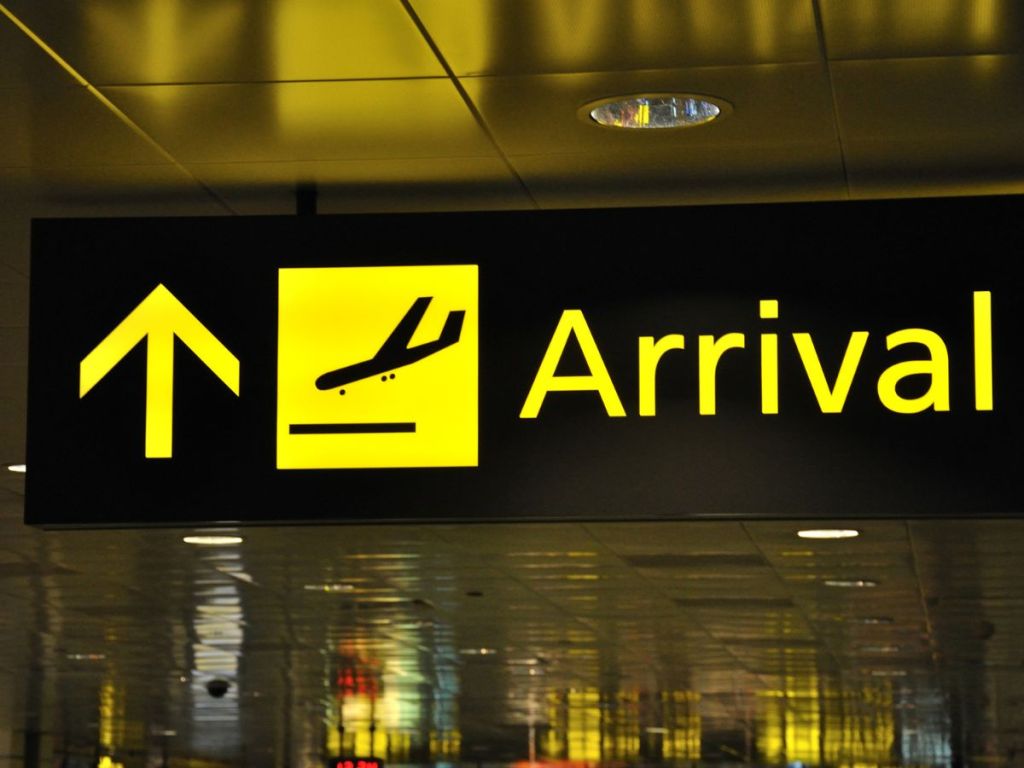Today Tourism Industry Aotearoa has released Tourism 2050: A Blueprint for Impact, which lays out its ambitions and gives direction to the future of tourism in New Zealand.
The strategy was released to more than 300 business leaders at the Tourism Summit Aotearoa at Tākina Convention Centre in Te Whanganui a Tara Wellington.
“New Zealand’s tourism industry is considering how global and local forces will push and pull the industry. We must prepare for the future by leaning in, and this means having a great plan,” says TIA Chief Executive Rebecca Ingram.
Central to the blueprint is the Vision to Enrich Aotearoa New Zealand. It envisions a flourishing tourism ecosystem which supports thriving businesses, delivers world-class experiences and contributes to New Zealand’s communities and protects our environment.
The strategy contains 10 Actions which TIA believes can make game-changing advancements between now and 2030, and position the industry well for the next 30 years.
These actions fall into three broad domains:
• To reset the tourism system’s design and management.
• To take action on carbon emissions and biodiversity.
• To better equip tourism businesses.
The success of the Tourism 2050 Blueprint relies on a united approach, with industry, government, and businesses all committing to transformative actions, Ingram says.
“Each tourism business, regardless of size, has a role to play including embracing Te Whakarae Māori, living the principles of Tiaki, and championing sustainability to work towards a net carbon zero future. It’s this collective commitment that make a difference to all New Zealanders and will propel tourism forward.'”
The Blueprint was prepared with an industry leadership group, PWC, the TIA board and widely consulted on with TIA members.
Summary of Tourism 2050’s 10 Actions:
• Design Tourism Industry Settings for 2050 – To clearly define and articulate the structures, roles and responsibilities within the tourism industry.
• Address Industry Funding – To ensure the industry can invest in tourism infrastructure, capability building, destination management, knowledge, and climate change adaptation.
• Power-up Data and Research – Equip the tourism industry with the data, research, analysis and innovation processes that the industry needs so that it can develop on an informed basis.
• Embrace Te Whakarae Māori – Integrate kaupapa Māori (Māori approach) and Mātauranga Māori (Māori knowledge) into the tourism industry, for operators to learn about and embrace Māori culture, including te reo and tikanga to elevate the role of Māori voices within the tourism industry.
• Achieve Net Zero Carbon – To accelerate the rate of decarbonisation of the tourism industry, recognising the practical constraints that do exist, but moving faster where possible.
• Champion Predator Free and Biodiversity – To strengthen the commitment of all tourism operators to protect the natural environment and biodiversity including contributing to Predator Free NZ.
• Transform Tourism and Conservation – Ensuring the interface between tourism and conservation sectors is working well and for mutual benefit.
• Build Sustainability Capability – Increase support for lifting the capacity of tourism businesses to be prosperous and contributing within a sustainable tourism industry.
• Grow the Tourism Workforce – To establish a concerted focus on ensuring the tourism industry has the people it needs to operate effectively in providing quality experiences to our visitors.
• Embed the Tiaki Promise – To deepen the use of Tiaki – Care for New Zealand across the tourism industry. The principle of Kaitiaki (Guardianship) is central to how to look after our place and people.
Please find the Tourism 2050: A Blueprint for Impact here .









